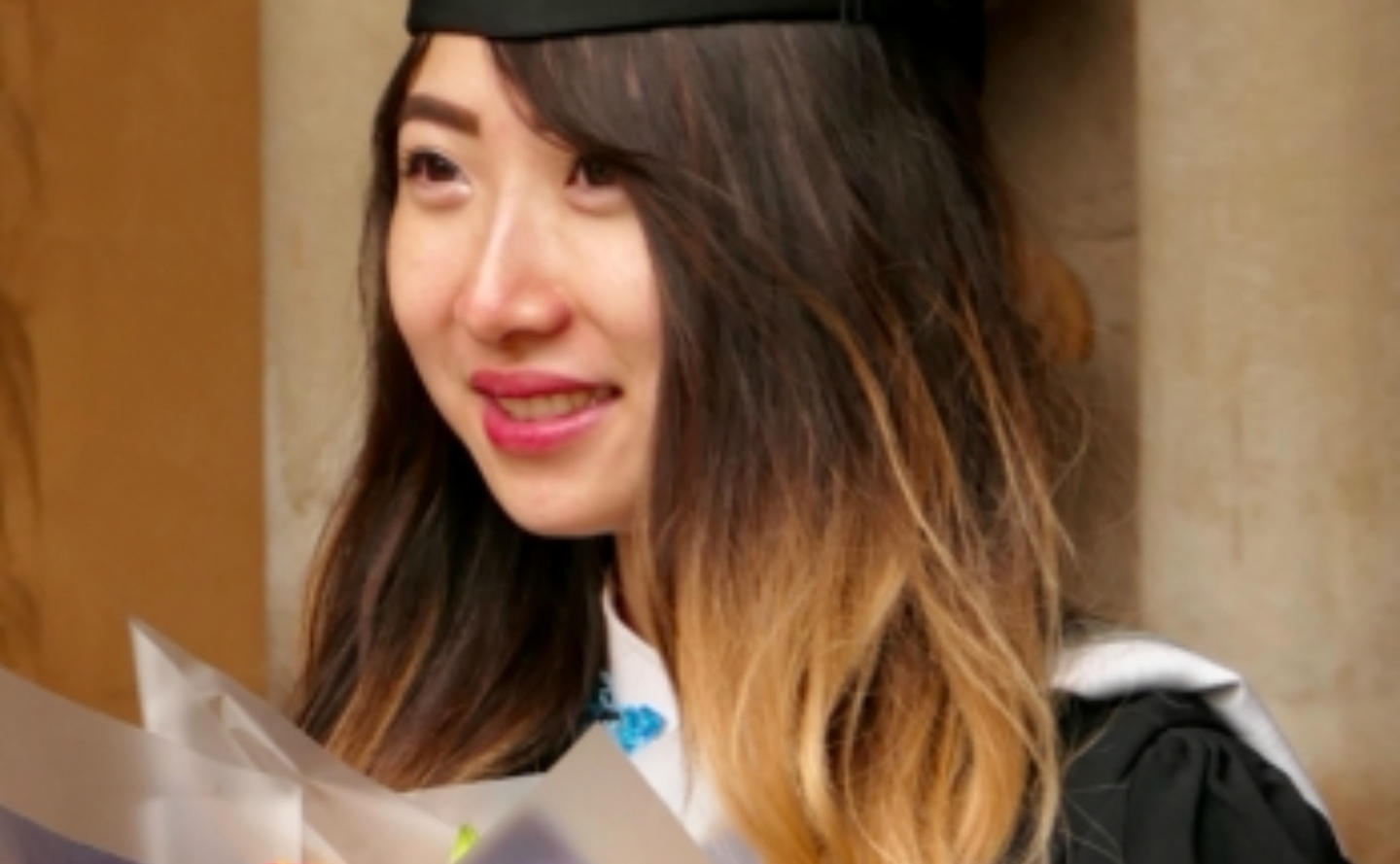BA (Hons) Philosophy
Key information
-
Typical offer:
Entry requirements -
Fees: See below
Full details -
UCAS code: V550
-
Institute code: H36
-
Study abroad option
-
Work placement option
Find out more
Why choose this course?
- Your Philosophy lecturers are all active researchers
- Host of the annual Sir Francis Bacon lectures
- Home of the British Wittgenstein Society
We give you:
- An exceptional academic team, conducting internationally renowned research
- A flexible programme of study, allowing you to concentrate on areas you find especially interesting
- The opportunity to write a dissertation on a topic about which you are passionate
- CV-building potential through extra-curricular activities
In the 2022 National Student Survey (NSS), our Philosophy programme received an overall satisfaction rating of 86%, above the sector average. A resounding 100% of students agreed they found the course intellectually stimulating; that the course had provided them with opportunities to explore ideas or concepts in depth; and that it had provided them with opportunities to bring information and ideas together from different topics.
What's the course about?
Philosophy explores and challenges the assumptions that frame the way we think, act and see the world around us.
Here at Hertfordshire, you won’t just be learning about philosophers and understanding their theories, you’ll be doing rigorous and creative thinking of your own. Our internationally regarded academics will help you learn to address the arguments of others, to understand and engage with them so that you can arrive at your own conclusions and create your own original work.
All our lecturers are active researchers, so you’ll share the excitement of doing original work in a supportive and highly-rated academic community.
On this course no prior knowledge of philosophy is assumed, although students with Religious Studies A-level may be familiar with topics such as ethics, mind, knowledge and reality. In your first year you’ll explore new dimensions to these topics and consider questions about the meaning of life. You’ll also study social and political philosophy, the central concern of which is the best way of organising society. A first-year module on the philosophy of film and literature takes you beyond the mainstream. Studying fiction and films such as Back to the Future allows you to address the assumption that anything is possible in fiction and consider to what extent that is true.
In your second year you’ll be able to delve deeper into areas such as philosophy of art and philosophy of mind. A module on virtues, vices and ethics focuses on specific virtues, such as forgiveness, hope or love, from both a secular and religious point of view and examines what it means to live a good life.
Work placement/study abroad option: Between your second and final year, you’ll have the option to study abroad or do a work placement for up to a year. Not only will this give you an amazing experience to talk about but will also give your CV a boost. If you’d rather go straight to your final year, that’s absolutely fine too.
In your final year you can pursue your own research interests through a dissertation. Recent topics have included the ethical issues of playing video games, the nature of the imagination, environmental philosophy and the obligations of the state, and a proposed solution to the paradox of the liar. You’ll also build on previous specialisms to explore in more depth philosophers such as Nietzsche or Wittgenstein, feminist or political philosophy, contemporary moral philosophy, or the philosophy of psychology.
Your main campus is College Lane
This is where the creative arts, science and health-related subjects are based. This means you’ll share the campus with future nurses, scientists, artists and more. You can use the common rooms to relax with friends, work out in the 24-hour gym or have a drink in our on-campus pub or cafes. We also have restaurants for you to eat in or grab something on the go. Our Learning Resources Centres are open 24/7, which means you can study whenever suits you best. Want to pop over to the other campus? You can take the free shuttle bus or walk there in just 15 minutes.
What will I study?
Our philosophy students benefit from being part of a lively and active academic community. You’ll learn from formal courses and extra-curricular seminars, while our small group teaching helps you to find your feet in the academic environment. There are plenty of opportunities to discuss critical issues with staff and fellow students, including an optional residential weekend each year.
You’ll have the opportunity to get involved in activities that will complement your studies and enhance your CV. These include our Philosophy Society, run by students, which hosts fortnightly research seminars led by distinguished external philosophers. All students are welcome to participate and become part of a professional philosophy community.
We host the Francis Bacon annual lecture series, funded by the Royal Institute of Philosophy, which focuses on showing the relevance of philosophy beyond the academic world. We are also the home of the British Wittgenstein Society, reflecting our academics’ research interests.
You can also choose to study a language as part of your programme; French, German, Japanese, Mandarin Chinese, Korean and Spanish are all options. It doesn’t matter if you are a beginner or have studied before, you’ll be put in the appropriate class.
'Studying Philosophy has equipped me with the ability to excel not only in academic spaces but has distinguished me in the professional world.'
Check out our student blogs

Alumni Stories
Jenny Vu
Meet Jenny Vu who gained valuable transferable skills for her future career. She is currently a Teaching Assistant at a secondary school.
Read more stories BA (Hons) History and Philosophy| Current job role | Teaching Assistant |
|---|---|
| Year of graduation | 2018 |
| Course of study | BA (Hons) History and Philosophy with Study Abroad Year |

University life and experience
Throughout her degree, Jenny learnt a considerable amount of transferable skills and world knowledge to enable to her succeed in her career as a Teaching Assistant. She says that the most useful skills she learnt are how to analyse and correct grammar which have proved invaluable when teaching her students.
Jenny initially chose the University of Hertfordshire as it ‘was close to home but still relatively far enough to move out and learn to live independently.’ She explains how her independence grew as she used her degree to explore the World by taking the opportunity to study abroad for a year. She says, ‘My standout memory from my time at the University was studying abroad for a year. It was probably the best year of my life.’
Future aspirations
Jenny’s study abroad year sparked her passion for travel and in the future, she plans to teach in Asia. However, she says, if she does return to the UK, she would like to teach and promote higher education to young students to inspire future generations and showcase their potential.

